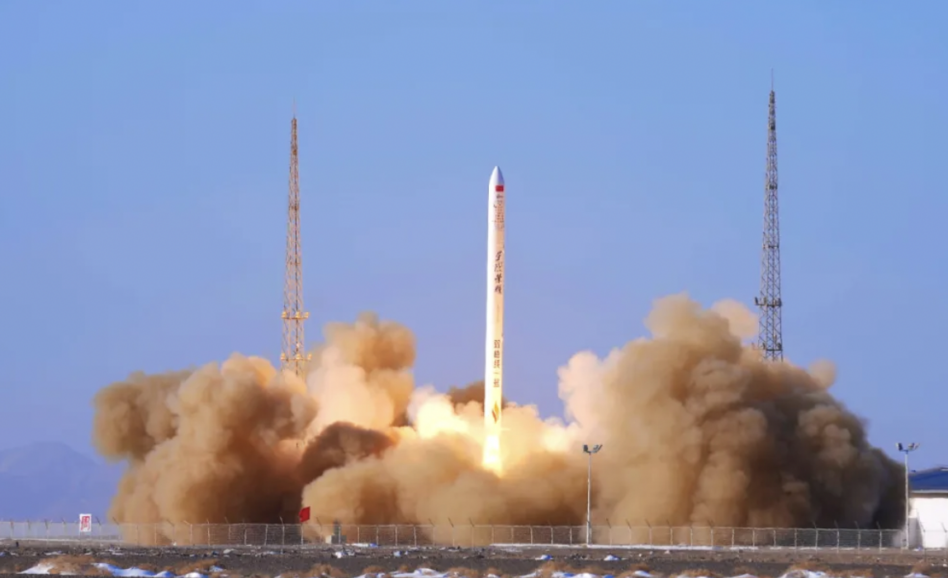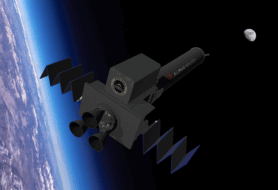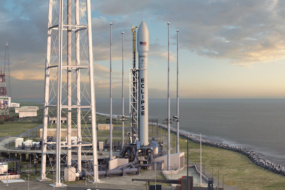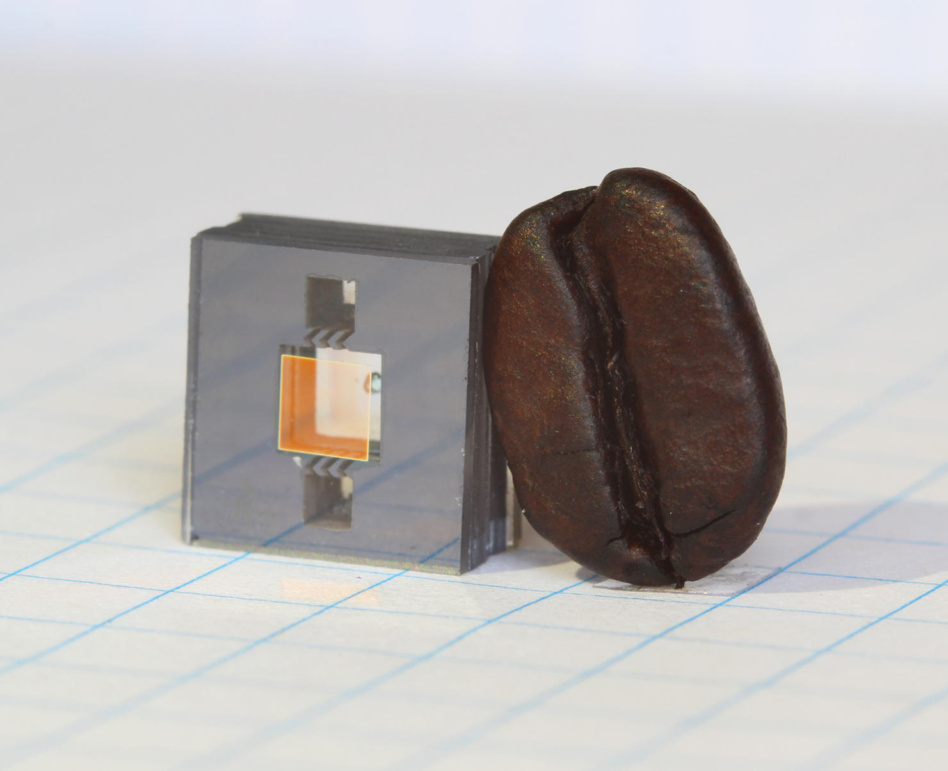Chinese rocket startup iSpace announced yesterday that it secured $99M in Series C and C+ funding to help accelerate the development of its first-stage reusable launch vehicle, Hyperbola-3.
The company, which is also known as Interstellar Glory, said it has three Hypebola-3 rockets under production and plans to conduct the first orbital flight test—and first-stage sea recovery mission—in December 2025.
If that timeline holds, they hope to reuse the returned first stage in Jun. 2026.
Glory-ish days: iSpace became China’s first commercial launcher to reach orbit when its Hyperbola-1 solid rocket lifted off in 2019. However, since then the company has had a checkered launch track record.
- Out of seven launches, four have been unsuccessful.
- The company’s most recent Hyperbola-1 launch attempt failed to reach orbit on July 10.
Despite the struggles, the company is now looking to lead China into the reusable revolution with its new methane-fueled, 8,500 kg to LEO Hyperbola-3 rocket.
Since SpaceX nailed its first orbital launch booster vertical landing nearly nine years ago, no other rocket has attempted the feat. Blue Origin is slated to change that later this year when it attempts to land its New Glenn booster on its maiden flight. iSpace will look to do the same next year.
Xinding Capital and Sichuan Industrial Fund led the Series C. It is the company’s first funding round since it completed a $171M Series B in 2020—according to PitchBook data.
+ In other China news: (H/T Andrew Jones)
- Senegal signed on to the China-led International Lunar Research Station yesterday, becoming the third African nation—after South Africa and Egypt—to do so.
- China is reportedly aiming to launch a Mars sample return mission in 2028. NASA is also eager to bring back Mars samples, but faces cost, scope, and timing obstacles.





